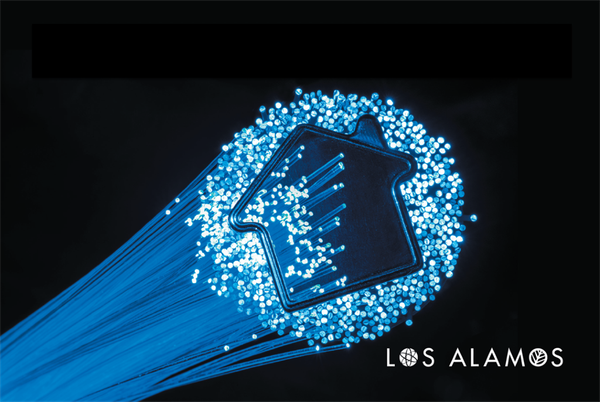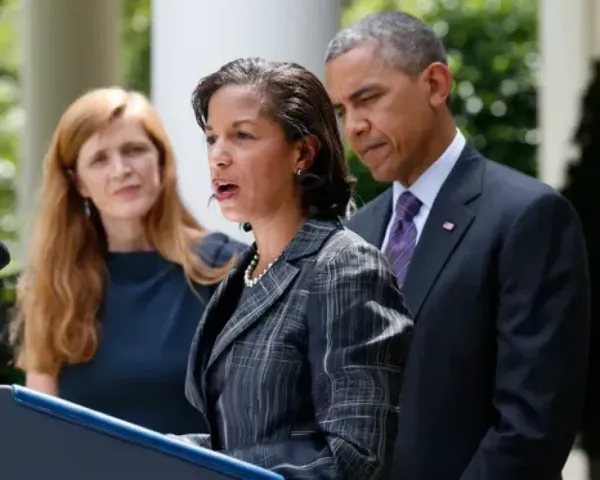Electric Co-Ops Could Face Legal Challenges for Broadband Builds
Communication technology may go beyond the scope of easements, lawyer warns.
Teralyn Whipple

DENVER, Colorado, August 10, 2023 – Electric cooperatives may face legal issues when building or operating broadband networks, said Casey Lide, partner at international law firm Keller and Heckman at a Mountain Connect event Wednesday.
Many easements — a right to cross another person’s land for infrastructure builds — owned by electric co-ops are specifically for electric infrastructure. There is no precedent for what happens when easements are suddenly used to also build telecommunications services, said Lide.
Communication technology builds may go beyond the scope of the easement, he warned, and many easements are decades old and hard to change. Lide said that 20 states have adopted legislation to address this issue, but it could be a “major issue” for the remaining states.
Furthermore, in some states, co-ops may be required to create a separate subsidiary to operate as an internet service provider, he said, which may prove to be a large hurdle for smaller and rural co-ops.
Additionally, electric co-ops are not universally comfortable with operating a broadband network. Small and rural co-ops often do not have enough labor capacity to build or operate a broadband network let alone participate in funding programs that require large amounts of time and resources.
In many other ways, electric cooperatives are perfectly positioned to address the requirements in the $42.5 billion Broadband Equity, Access and Deployment program, Lide continued.
Electric co-ops are uniquely positioned for long-term fiber projects that have 20-to-30-year return on investments that private companies cannot afford to build, he said. Cooperatives are accustomed to long-term projects and do not operate for profit, meaning they can absorb some of the profit loss that private companies cannot.
Electric co-ops also provide private companies with a superior brand image, as many co-ops enjoy high satisfaction rate from their customers while ISPs continually rate lowest on customer satisfaction, claimed Lide. Co-ops have often operated in communities for generations and have an established image.
Electric co-ops are also accustomed to providing universal service in a service territory, which fits well with BEAD program requirements, which state that a subgrantee must connect every unserved and underserved location in its jurisdiction. Lide added that these co-ops also have access to utility poles for easier pole attachment process for communications technology.
Traditionally, telecoms that don’t own poles must rent space on the electrical poles on which they sling their fiber cables; those deals often require negotiations. With cooperatives now owning both the broadband means and the method to deliver them, it can cut down the time to deliver much-needed internet services.
Many experts tout electric cooperatives as being the solution to connecting every American to high-speed internet. These co-ops own the infrastructure and can choose to lease the network to a provider, or act as a provider themselves.










Member discussion